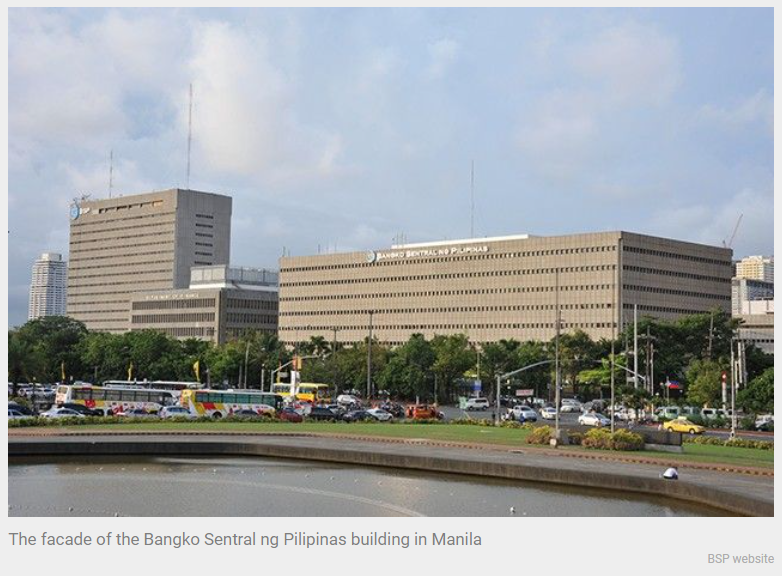Philippines: BSP sees pick-up in bank lending
MANILA, Philippines — Bank lending is seen picking up further amid the gradual reopening of the economy as mobility restrictions are eased with the steady decline in daily COVID infections, according to the Bangko Sentral ng Pilipinas.
BSP managing director Zeno Ronald Abenoja said, during a virtual media lecture series, that household loans are expected to pick up together with lending for production activities amid improving consumer demand as the government continues to accelerate the rollout of vaccines against COVID.
“Now bank credit growth continued to be tepid, but we have seen encouraging signs. In the past two to three months, we have seen credit to production sector increase in recent surveys,” Abenoja said.
Universal and commercial banks posted back-to-back increases in lending for the months of August and September after slumping for eight straight months due to uncertainties brought about by the global health crisis.
Bank lending went up at a faster rate of 2.7 percent in September from only 0.7 percent in August amid the modest recovery in the overall lending attitudes of Philippine banks, along with improved economic prospects.
As of end-September, lending of banks rose to P9.25 trillion from P9.01 trillion in end-September last year.
“The growth reflects the modest recovery in banks’ overall lending attitude, along with improved economic prospects owing to the gradual lifting of pandemic containment measures,” Abenoja said.
Data showed outstanding loans for production activities grew faster at 4.4 percent to P8.19 trillion, accounting for 88.6 percent of total lending in end- September.
On the other hand, consumer loan, including credit card and motor vehicle lending, remained subdued, contracting by 7.8 percent to P801.4 billion in end-September for a share of 8.7 percent of total loans.
Because of the aggressive monetary easing – including the 200-basis-point cuts in interest rates and lowering of reserve requirement ratio – undertaken by the BSP to cushion the impact of the global health crisis on the economy, bank lending finally started to recover in August or nine months after the benchmark rate was last tweaked by the central bank.
“We have also seen the impact of the measures in terms of the decline in domestic market rates,” Abenoja said.
The BSP has committed to maintain an accommodative monetary policy stance to help the economy fully recover from the pandemic-induced recession.
BSP Governor Benjamin Diokno earlier said the economy may grow by more than six percent after a stronger-than-expected growth in the third quarter.
He said the GDP prospects appear bright and the latest five to six percent projection could be exceeded as the economy grew by 4.9 percent from January to September.
“These latest forecasts suggest that the country’s real output will revert to its pre-pandemic level by the third quarter of 2022, if not sooner,” Diokno said.


 Thailand
Thailand




